YOUR PRIVACY IS IMPORTANT TO US
Edmund Optics uses cookies to optimize and enhance the features and content on our website. Click “OK” for the full user experience, you can view additional information on the cookies we use by clicking the “Details” button. We do NOT sell your information from marketing cookies, we use it to improve ONLY YOUR experience with Edmund Optics.
| Name | Provider | Purpose | Maximum Storage Duration | Type |
|---|---|---|---|---|
| __lc_cid | LiveChat | Necessary for the functionality of the website's chat-box function... | 400 days | HTTP Cookie |
| __lc_cst | LiveChat | Necessary for the functionality of the website's chat-box function. | 400 days | HTTP Cookie |
| #:state | Livechat | Necessary for the functionality of the website's chat-box function. | Persistent | HTML Local Storage |
| __cf_bm [x2] | edmundoptics.com eogo.edmundoptics.com | This cookie is used to distinguish between humans and bots. This is beneficial for the website, in order to make valid reports on the use of their website. | 1 day | HTTP Cookie |
| QuoteID | edmundoptics.com.sg | Stores the ID of your quotation cart. | 14 days | HTTP Cookie |
| BIGipServer# | eogo.edmundoptics.com | Used to distribute traffic to the website on several servers in order to optimise response times. | Session | HTTP Cookie |
| rc::a | This cookie is used to distinguish between humans and bots. This is beneficial for the website, in order to make valid reports on the use of their website. | Persistent | HTML Local Storage | |
| rc::c | This cookie is used to distinguish between humans and bots. | Session | HTML Local Storage | |
| li_gc | Stores the user's cookie consent state for the current domain | 180 days | HTTP Cookie | |
| AWSALB [x2] | productimages.edmundoptics.com www.edmundoptics.in | Registers which server-cluster is serving the visitor. This is used in context with load balancing, in order to optimize user experience. | 7 days | HTTP Cookie |
| AWSALBCORS [x2] | productimages.edmundoptics.com www.edmundoptics.in | Registers which server-cluster is serving the visitor. This is used in context with load balancing, in order to optimize user experience. | 7 days | HTTP Cookie |
| jsV | service.mtcaptcha.com | These cookies are used to secure the website from unwanted bots and automated scripts and help verify human users. | Session | HTTP Cookie |
| mtv1ConfSum | service.mtcaptcha.com | https://www.mtcaptcha.com/faq-cookie-declaration | Session | HTTP Cookie |
| mtv1Pulse | service.mtcaptcha.com | https://www.mtcaptcha.com/faq-cookie-declaration | Session | HTTP Cookie |
| .AspNetCore.Antiforgery.# | www.edmundoptics.in | Helps prevent Cross-Site Request Forgery (CSRF) attacks. | Session | HTTP Cookie |
| .AspNetCore.Mvc.CookieTempDataProvider | www.edmundoptics.in | Preserves the visitor's session state across page requests. | Session | HTTP Cookie |
| CookieConsent | Cookiebot | Stores the user's cookie consent state for the current domain | 1 year | HTTP Cookie |
| UMB_SESSION | www.edmundoptics.in | Stores domain prefix to determine whether it holds https or http URL properties. | Session | HTTP Cookie |
| Name | Provider | Purpose | Maximum Storage Duration | Type |
|---|---|---|---|---|
| __oauth_redirect_detector | LiveChat | Allows the website to recoqnise the visitor, in order to optimize the chat-box functionality. | 1 day | HTTP Cookie |
| @@lc_auth_token:3b0f44ba-5eb5-4bb1-a9e1-2214776a186b | Livechat | Identifies the visitor across devices and visits, in order to optimize the chat-box function on the website. | Persistent | HTML Local Storage |
| @@lc_ids | Livechat | Identifies the visitor across devices and visits, in order to optimize the chat-box function on the website. | Persistent | HTML Local Storage |
| chatEngaged | edmundoptics.com.sg | Indicates whether the user has interacted with the website's chat-box, in order to determine whether they should be shown chat invites. | 14 days | HTTP Cookie |
| Name | Provider | Purpose | Maximum Storage Duration | Type |
|---|---|---|---|---|
| _livechat_has_visited | Livechat | Identifies the visitor across devices and visits, in order to optimize the chat-box function on the website. | Persistent | HTML Local Storage |
| ce_diff_time | edmundoptics.com | Used by Crazy Egg to offset time for analytics purposes. | 14 days | HTTP Cookie |
| ce_ip_address | edmundoptics.com.sg | Used by Crazy Egg to store the user's IP address. | 14 days | HTTP Cookie |
| events/1/# | edmundoptics.com.sg | Used by New Relic to monitor the performance of the page and page elements during user interaction. | 14 days | HTTP Cookie |
| _conv_r | Convert Insight | This cookie is used as a referral-cookie that stores the visitor’s profile – the cookie is overwritten when the visitor re-enters the website and new information on the visitor is collected and stored. | Session | HTTP Cookie |
| _conv_s | Convert Insight | This cookie contains an ID string on the current session. This contains non-personal information on what subpages the visitor enters – this information is used to optimize the visitor's experience. | 1 day | HTTP Cookie |
| _conv_v | Convert Insight | This cookie is used to identify the frequency of visits and how long the visitor is on the website. The cookie is also used to determine how many and which subpages the visitor visits on a website – this information can be used by the website to optimize the domain and its subpages. | 6 months | HTTP Cookie |
| _ga | Registers a unique ID that is used to generate statistical data on how the visitor uses the website. | 25 months | HTTP Cookie | |
| _ga_# | Used by Google Analytics to collect data on the number of times a user has visited the website as well as dates for the first and most recent visit. | 25 months | HTTP Cookie |
| Name | Provider | Purpose | Maximum Storage Duration | Type |
|---|---|---|---|---|
| conv_rand | Convert Insight | This cookie is used by the website’s operator in context with multi-variate testing. This is a tool used to combine or change content on the website. This allows the website to find the best variation/edition of the site. | Persistent | HTML Local Storage |
| lastExternalReferrer | Meta Platforms, Inc. | Detects how the user reached the website by registering their last URL-address. | Persistent | HTML Local Storage |
| lastExternalReferrerTime | Meta Platforms, Inc. | Detects how the user reached the website by registering their last URL-address. | Persistent | HTML Local Storage |
| IDE | Used by Google DoubleClick to register and report the website user's actions after viewing or clicking one of the advertiser's ads with the purpose of measuring the efficacy of an ad and to present targeted ads to the user. | 400 days | HTTP Cookie | |
| pagead/landing [x2] | Collects data on visitor behaviour from multiple websites, in order to present more relevant advertisement - This also allows the website to limit the number of times that they are shown the same advertisement. | Session | Pixel Tracker | |
| test_cookie | Used to check if the user's browser supports cookies. | 1 day | HTTP Cookie | |
| _gaexp | edmundoptics.com.sg | This cookie is used by Google Analytics to determine if the visitor is involved in their marketing experiments. | 14 days | HTTP Cookie |
| _mkto_trk [x2] | edmundoptics.com.sg Marketo | Contains data on visitor behaviour and website interaction. This is used in context with the email marketing service Marketo.com, which allows the website to target visitors via email. | 14 days | HTTP Cookie |
| ads/ga-audiences | edmundoptics.com.sg | Used by Google AdWords to re-engage visitors that are likely to convert to customers based on the visitor's online behaviour across websites. | 14 days | HTTP Cookie |
| gwcc | edmundoptics.com.sg | Enables Google Website Call Conversions - This registers if the visitor has clicked on call within the "contact us" sub-page. This information is used for statistics and marketing purposes. | 14 days | HTTP Cookie |
| m | edmundoptics.com.sg | Tracking pixel used by South Korean Company, Naver Analytics to track website engagement | 14 days | HTTP Cookie |
| NWB | edmundoptics.com.sg | Used by South Korean Company, Naver Analytics for web analytics that tracks and reports website traffic | 14 days | HTTP Cookie |
| NWB_Legacy | edmundoptics.com.sg | Used by South Korean Company, Naver Analytics for web analytics that tracks and reports website traffic | 14 days | HTTP Cookie |
| pagead/1p-user-list/# | edmundoptics.com.sg | Tracking pixel used by Google analytics to track website engagement | 14 days | HTTP Cookie |
| tr | edmundoptics.com.sg | Used by Facebook to deliver a series of advertisement products such as real time bidding from third party advertisers. | 14 days | HTTP Cookie |
| wcs_bt | edmundoptics.com.sg | Used by South Korean Company, Naver Analytics for cross site web analytics | 14 days | HTTP Cookie |
| __tld__ | Wisepops | Used to track visitors on multiple websites, in order to present relevant advertisement based on the visitor's preferences. | Session | HTTP Cookie |
| _conv_sptest | Convert Insight | This cookie is used by the website’s operator in context with multi-variate testing. This is a tool used to combine or change content on the website. This allows the website to find the best variation/edition of the site. | Session | HTTP Cookie |
| _fbp | Meta Platforms, Inc. | Used by Facebook to deliver a series of advertisement products such as real time bidding from third party advertisers. | 3 months | HTTP Cookie |
| _gcl_au | Used by Google AdSense for experimenting with advertisement efficiency across websites using their services. | 3 months | HTTP Cookie | |
| wisepops [x2] | Wisepops | Used in context with pop-up advertisement-content on the website. The cookie determines which ads the visitor should be shown, as well as ensuring that the same ads does not get shown more than intended. | Session | HTTP Cookie |
| wisepops_props [x2] | Wisepops | Used in context with pop-up advertisement-content on the website. The cookie determines which ads the visitor should be shown, as well as ensuring that the same ads does not get shown more than intended. | Session | HTTP Cookie |
| wisepops_session [x2] | Wisepops | Used in context with pop-up advertisement-content on the website. The cookie determines which ads the visitor should be shown, as well as ensuring that the same ads does not get shown more than intended. | Session | HTTP Cookie |
| wisepops_visitor [x2] | Wisepops | Used in context with pop-up advertisement-content on the website. The cookie determines which ads the visitor should be shown, as well as ensuring that the same ads does not get shown more than intended. | Session | HTTP Cookie |
| wisepops_visits [x2] | Wisepops | Used in context with pop-up advertisement-content on the website. The cookie determines which ads the visitor should be shown, as well as ensuring that the same ads does not get shown more than intended. | Session | HTTP Cookie |
| NID | Registers a unique ID that identifies a returning user's device. The ID is used for targeted ads. | 6 months | HTTP Cookie | |
| pagead/1p-user-list/# | Tracks if the user has shown interest in specific products or events across multiple websites and detects how the user navigates between sites. This is used for measurement of advertisement efforts and facilitates payment of referral-fees between websites. | Session | Pixel Tracker | |
| 1.gif | Usercentrics GmbH | Used to count the number of sessions to the website, necessary for optimizing CMP product delivery. | Session | Pixel Tracker |
| bcookie | Used by the social networking service, LinkedIn, for tracking the use of embedded services. | 1 year | HTTP Cookie | |
| lidc | Used by the social networking service, LinkedIn, for tracking the use of embedded services. | 1 day | HTTP Cookie | |
| wisepops_session_id | Wisepops | Used in context with pop-up advertisement-content on the website. The cookie determines which ads the visitor should be shown, as well as ensuring that the same ads does not get shown more than intended. | Session | HTML Local Storage |
| wisepops_session_landing_url | Wisepops | Used in context with pop-up advertisement-content on the website. The cookie determines which ads the visitor should be shown, as well as ensuring that the same ads does not get shown more than intended. | Session | HTML Local Storage |
| wisepops_session_referrer | Wisepops | Used in context with pop-up advertisement-content on the website. The cookie determines which ads the visitor should be shown, as well as ensuring that the same ads does not get shown more than intended. | Session | HTML Local Storage |
| wisepops-pageview_id | Wisepops | Used in context with pop-up advertisement-content on the website. The cookie determines which ads the visitor should be shown, as well as ensuring that the same ads does not get shown more than intended. | Session | HTML Local Storage |
| wisepops-uses-attention | Wisepops | Used in context with pop-up advertisement-content on the website. The cookie determines which ads the visitor should be shown, as well as ensuring that the same ads does not get shown more than intended. | Session | HTML Local Storage |
| #-# | YouTube | Used to track user’s interaction with embedded content. | Session | HTML Local Storage |
| -2bd1861a-89af6f | YouTube | Pending | Session | HTML Local Storage |
| -58939ffb-e8347a | YouTube | Pending | Session | HTML Local Storage |
| iU5q-!O9@$ | YouTube | Registers a unique ID to keep statistics of what videos from YouTube the user has seen. | Session | HTML Local Storage |
| LAST_RESULT_ENTRY_KEY | YouTube | Used to track user’s interaction with embedded content. | Session | HTTP Cookie |
| LogsDatabaseV2:V#||LogsRequestsStore | YouTube | Stores the user's video player preferences using embedded YouTube video | Persistent | IndexedDB |
| nextId | YouTube | Used to track user’s interaction with embedded content. | Session | HTTP Cookie |
| remote_sid | YouTube | Necessary for the implementation and functionality of YouTube video-content on the website. | Session | HTTP Cookie |
| requests | YouTube | Used to track user’s interaction with embedded content. | Session | HTTP Cookie |
| ServiceWorkerLogsDatabase#SWHealthLog | YouTube | Necessary for the implementation and functionality of YouTube video-content on the website. | Persistent | IndexedDB |
| TESTCOOKIESENABLED | YouTube | Used to track user’s interaction with embedded content. | 1 day | HTTP Cookie |
| VISITOR_INFO1_LIVE | YouTube | Tries to estimate the users' bandwidth on pages with integrated YouTube videos. | 180 days | HTTP Cookie |
| YSC | YouTube | Registers a unique ID to keep statistics of what videos from YouTube the user has seen. | Session | HTTP Cookie |
| yt.innertube::nextId | YouTube | Registers a unique ID to keep statistics of what videos from YouTube the user has seen. | Persistent | HTML Local Storage |
| ytidb::LAST_RESULT_ENTRY_KEY | YouTube | Stores the user's video player preferences using embedded YouTube video | Persistent | HTML Local Storage |
| YtIdbMeta#databases | YouTube | Used to track user’s interaction with embedded content. | Persistent | IndexedDB |
| yt-remote-cast-available | YouTube | Stores the user's video player preferences using embedded YouTube video | Session | HTML Local Storage |
| yt-remote-cast-installed | YouTube | Stores the user's video player preferences using embedded YouTube video | Session | HTML Local Storage |
| yt-remote-connected-devices | YouTube | Stores the user's video player preferences using embedded YouTube video | Persistent | HTML Local Storage |
| yt-remote-device-id | YouTube | Stores the user's video player preferences using embedded YouTube video | Persistent | HTML Local Storage |
| yt-remote-fast-check-period | YouTube | Stores the user's video player preferences using embedded YouTube video | Session | HTML Local Storage |
| yt-remote-session-app | YouTube | Stores the user's video player preferences using embedded YouTube video | Session | HTML Local Storage |
| yt-remote-session-name | YouTube | Stores the user's video player preferences using embedded YouTube video | Session | HTML Local Storage |
| We do not use cookies of this type. |
Cookies are small text files that can be used by websites to make a user's experience more efficient.
The law states that we can store cookies on your device if they are strictly necessary for the operation of this site. For all other types of cookies we need your permission.
This site uses different types of cookies. Some cookies are placed by third party services that appear on our pages.
You can at any time change or withdraw your consent from the Cookie Declaration on our website.
Learn more about who we are, how you can contact us and how we process personal data in our Privacy Policy.
Please state your consent ID and date when you contact us regarding your consent.
Most web browsers allow you to view your cookies in the browser preferences, typically within the "Privacy" or "Security" tab. Some browsers allow you to delete specific cookies or even prevent cookies from being created. While disallowing cookies in your browser may provide a higher level of privacy, it is not recommended since many websites require cookies to function properly. Alternatively, you can visit www.aboutcookies.org which provides directions on how to block or delete cookies on all major browsers.














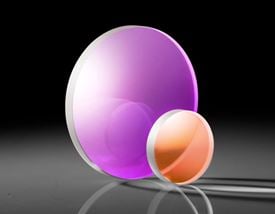

 STEP:step
STEP:step
 PDF Drawing:pdf
PDF Drawing:pdf
 IGES:igs
IGES:igs
 Zemax:zar
Zemax:zar
 eDrawing:eprt
eDrawing:eprt
 Code V:seq
Code V:seq

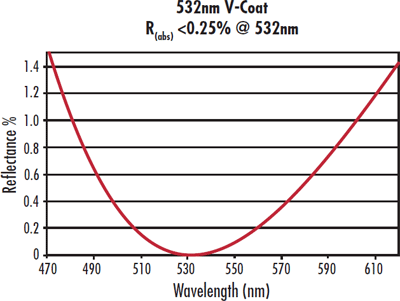
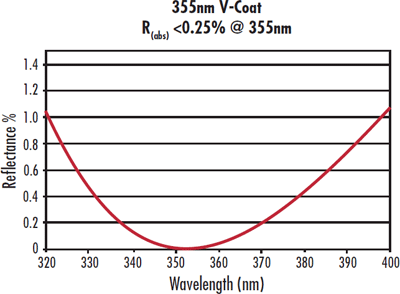
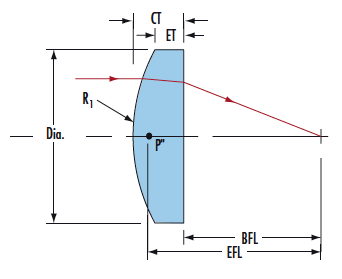
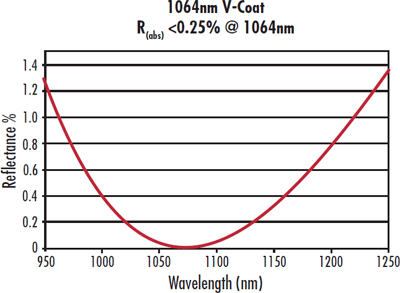
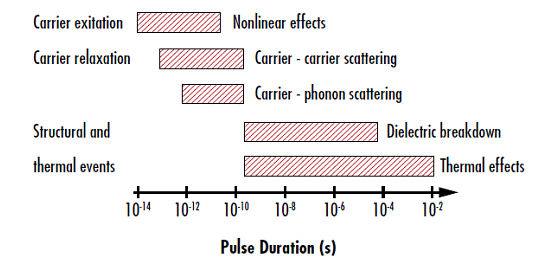
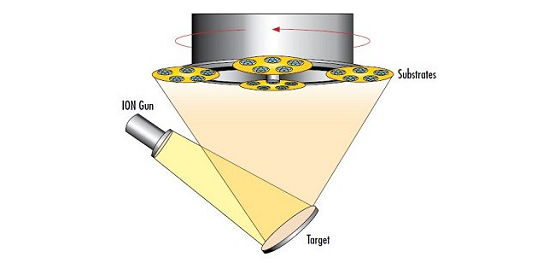
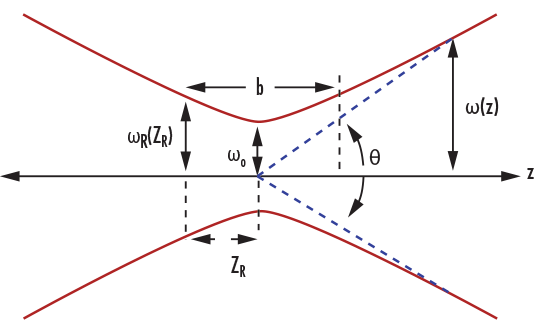
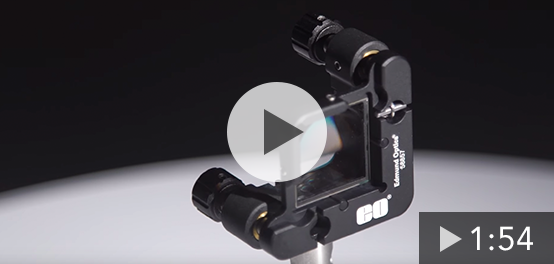
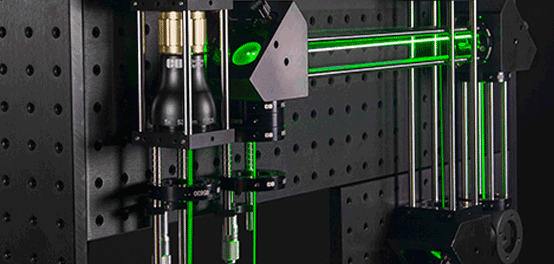
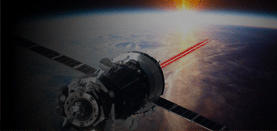

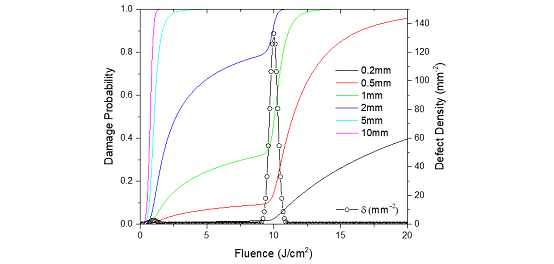

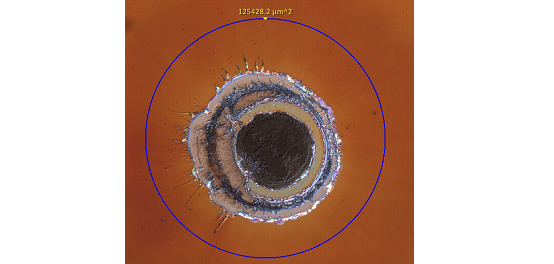
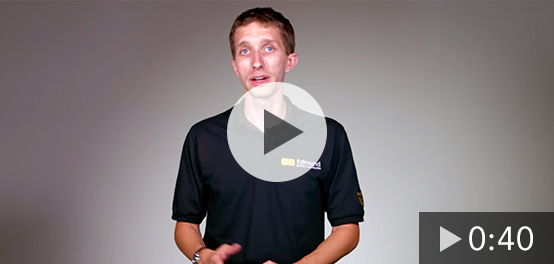
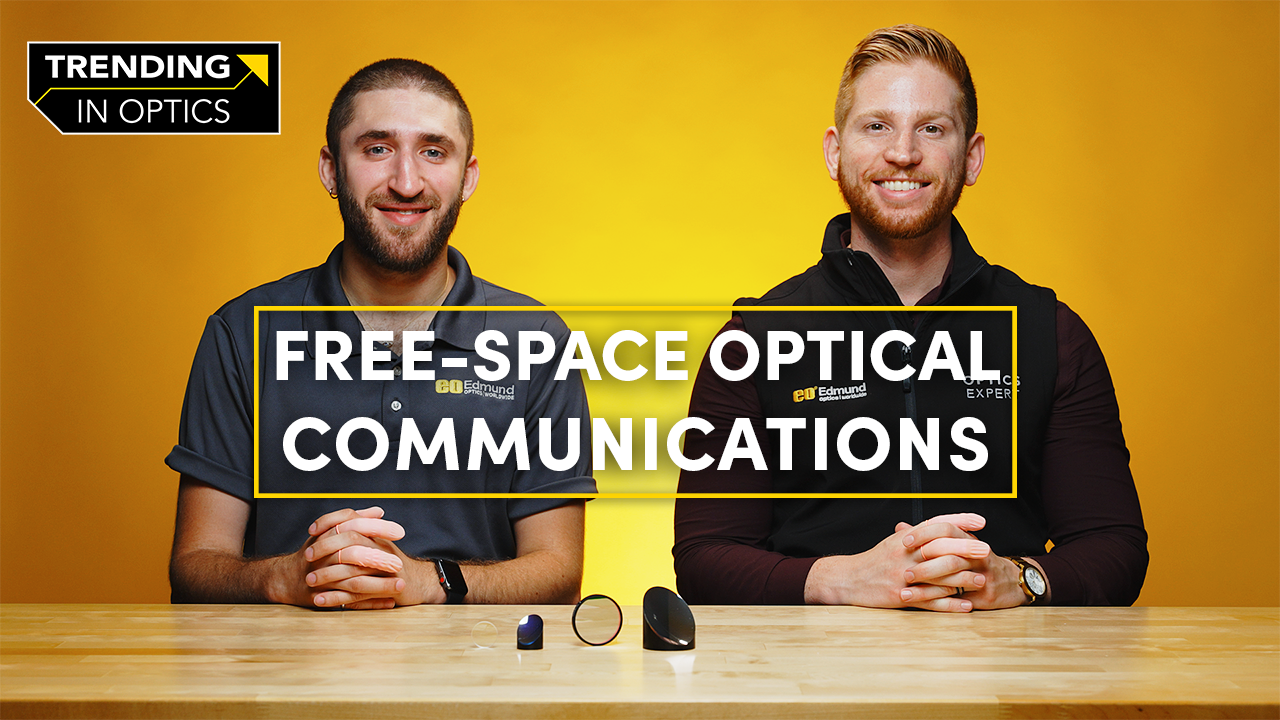
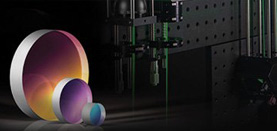
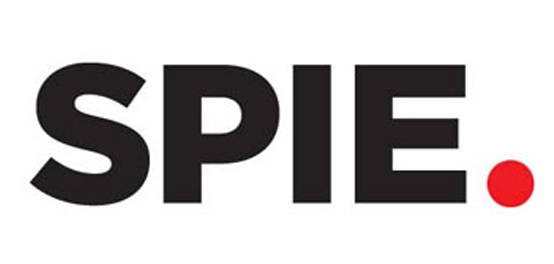
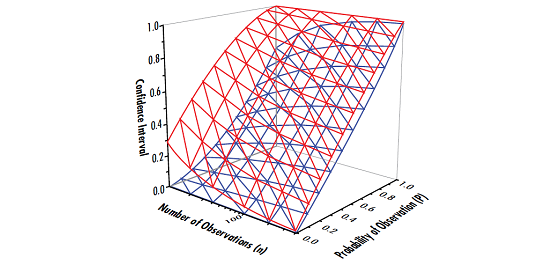
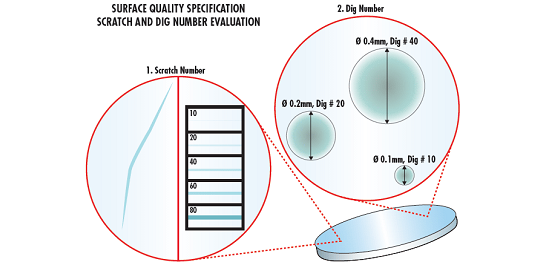
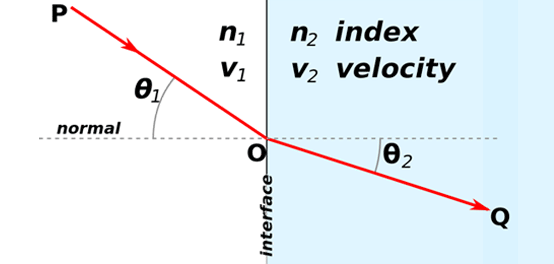
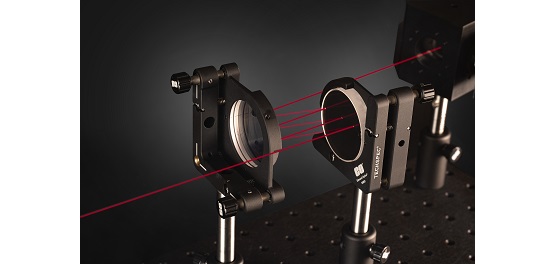
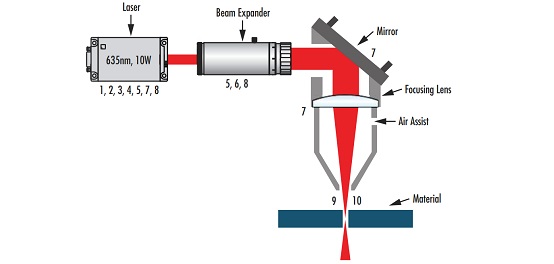
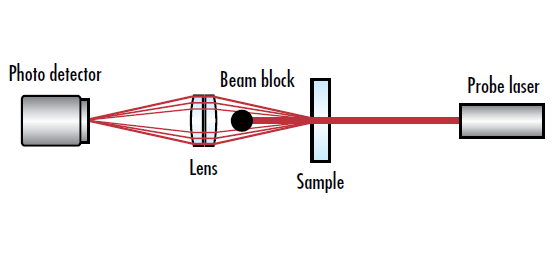
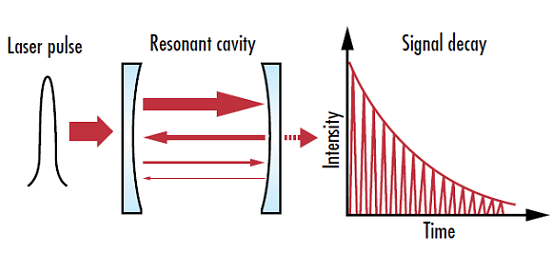
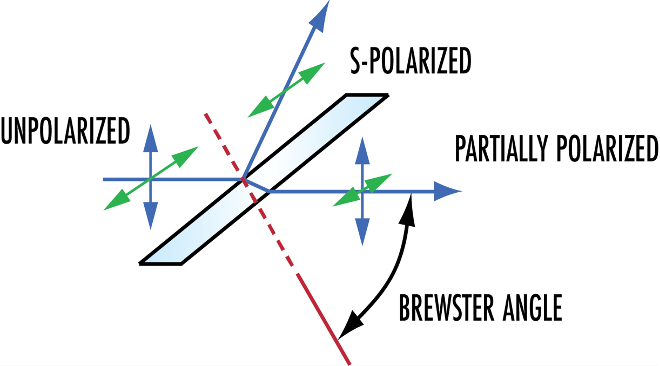
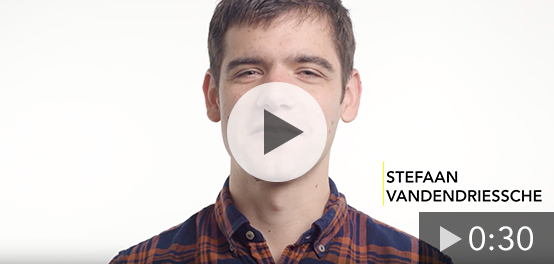
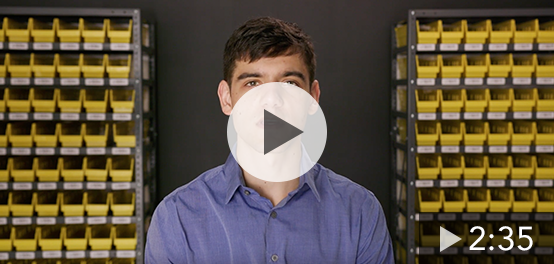
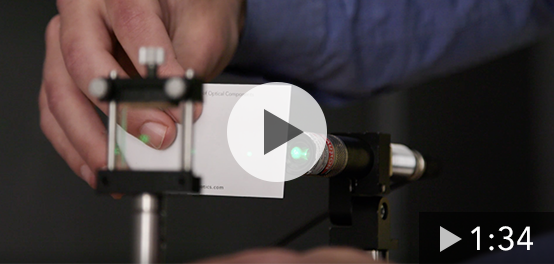
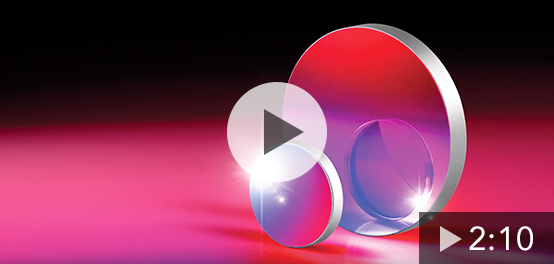
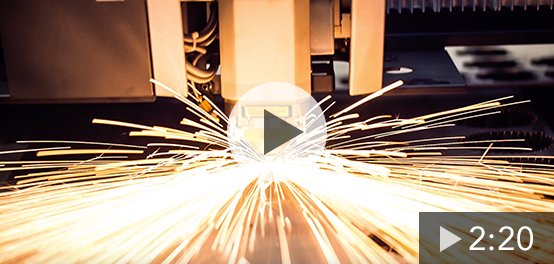
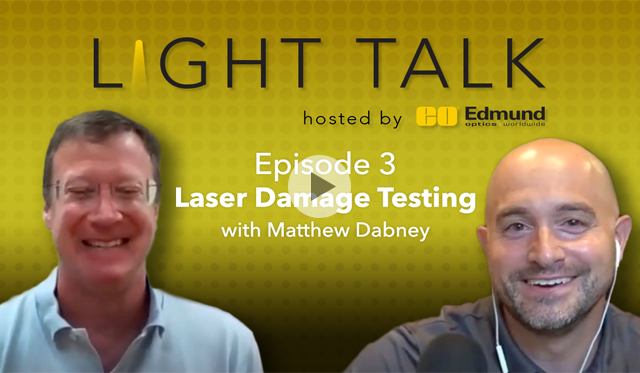
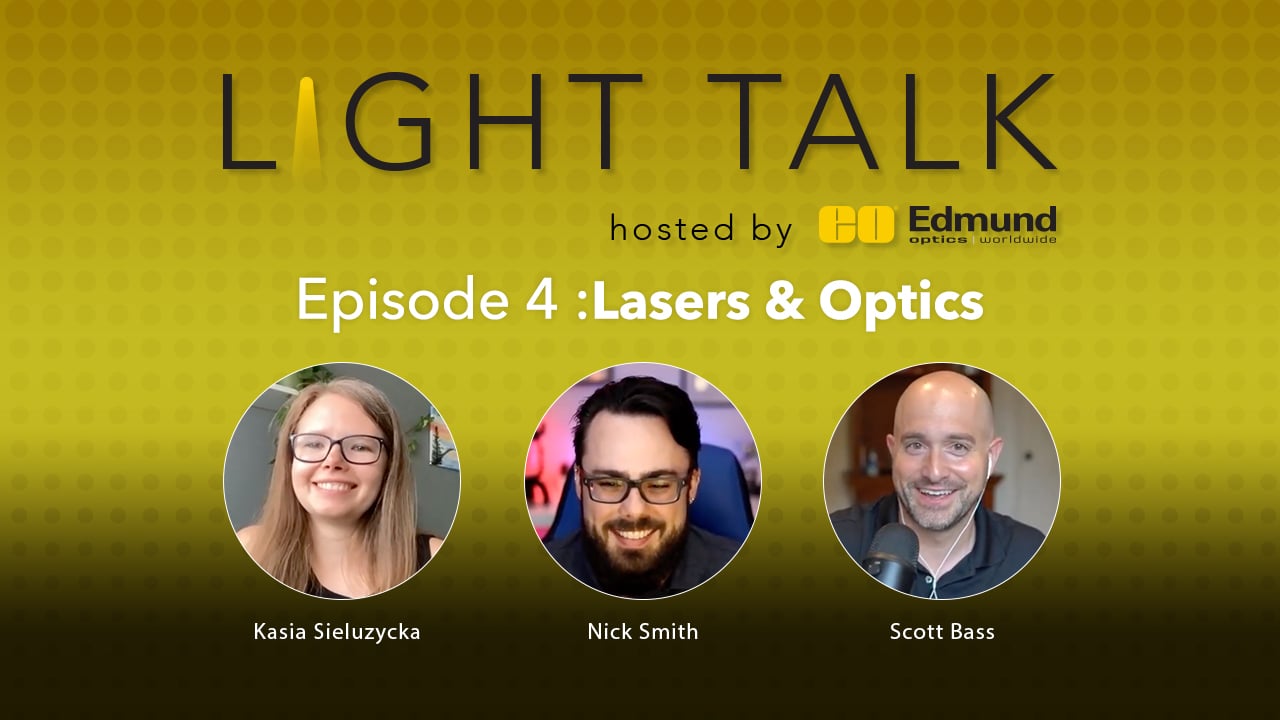
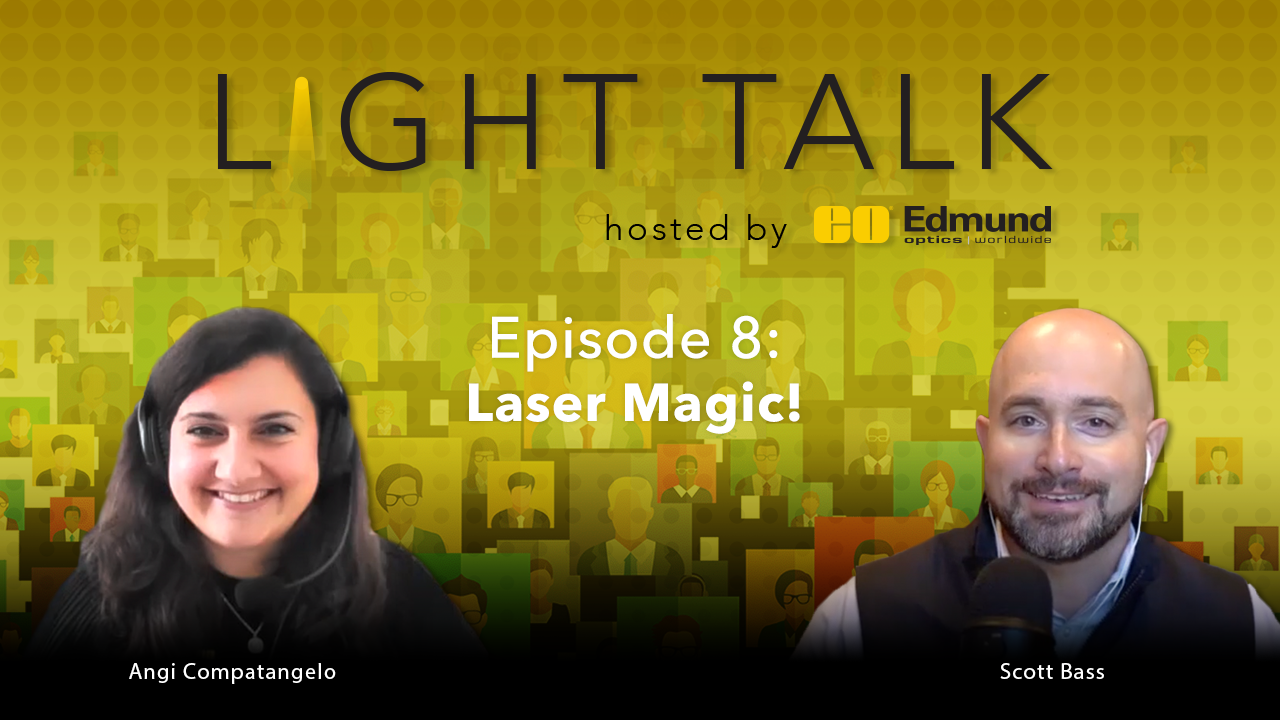
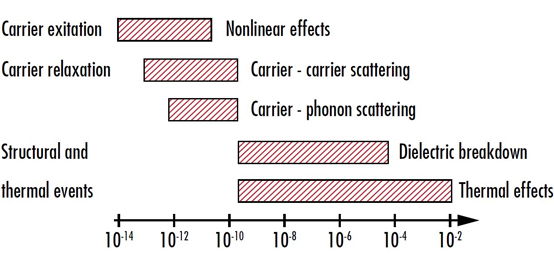
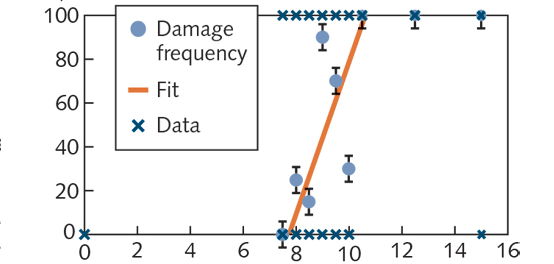
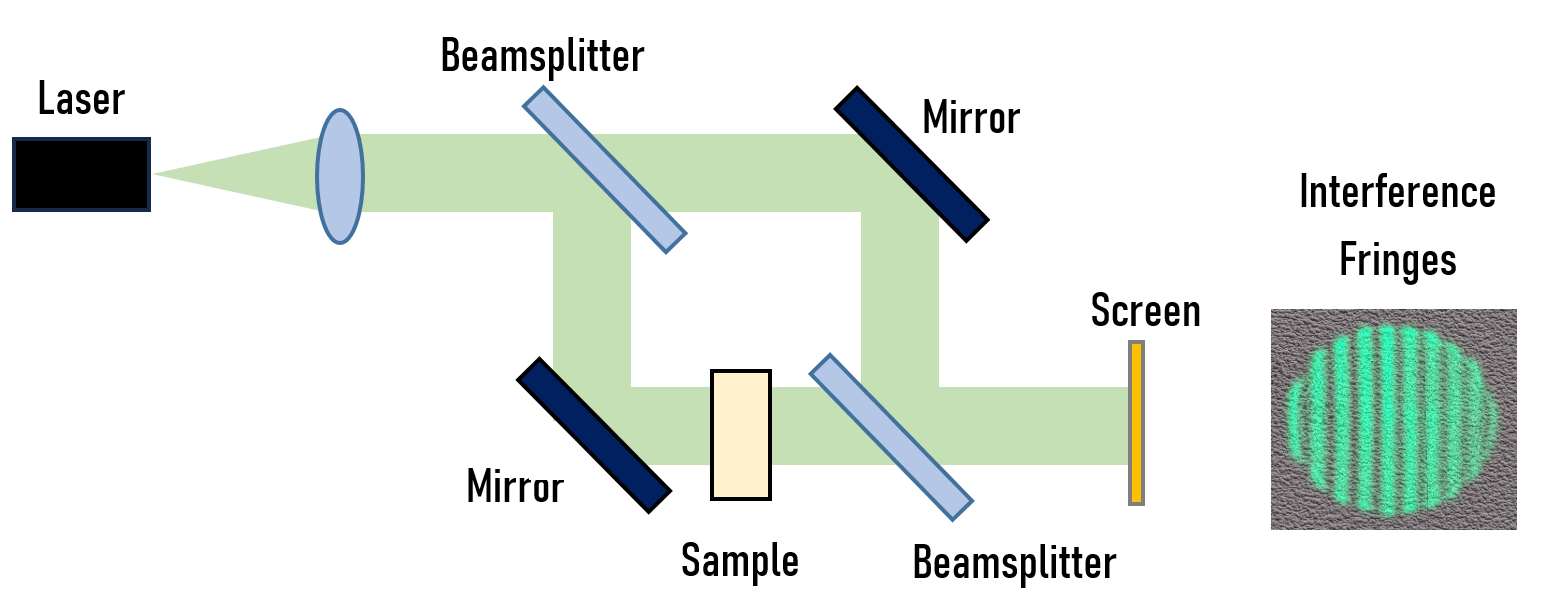
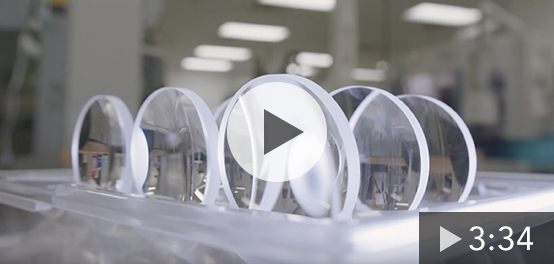
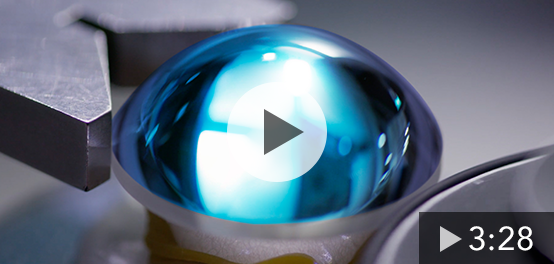














or view regional numbers
QUOTE TOOL
enter stock numbers to begin
Copyright 2023, Edmund Optics India Private Limited, #267, Greystone Building, Second Floor, 6th Cross Rd, Binnamangala, Stage 1, Indiranagar, Bengaluru, Karnataka, India 560038
California Consumer Privacy Acts (CCPA): Do Not Sell or Share My Personal Information
California Transparency in Supply Chains Act